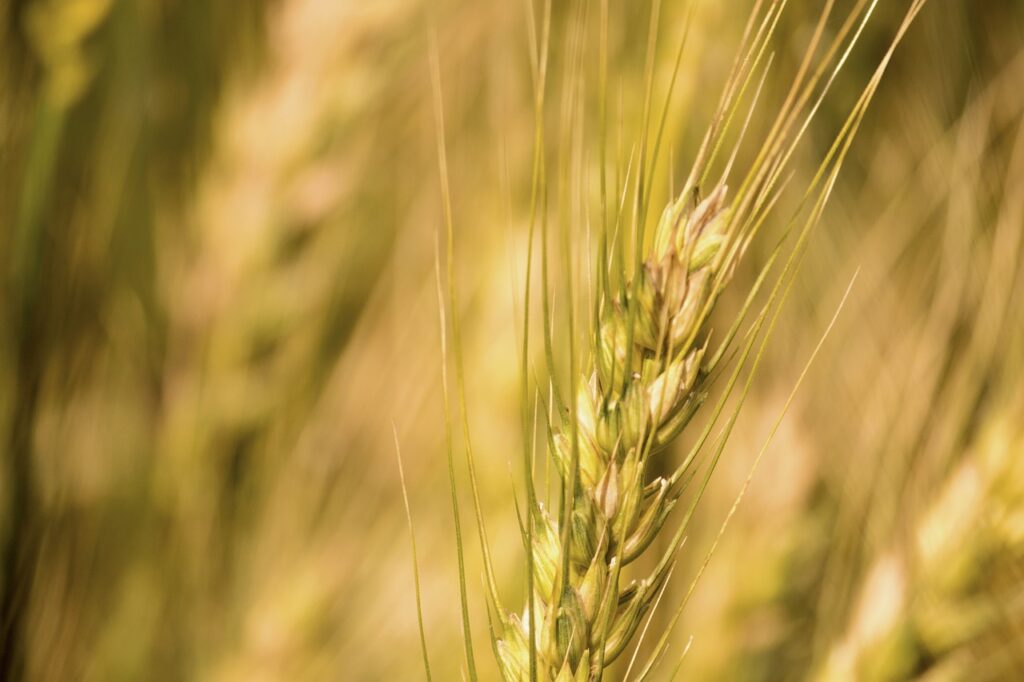More than 100 scientific tests carried out in Argentine fields have confirmed remarkable results by treating crops with biological products. They are 100% natural, do not leave chemical residues, and are safe for the planet and human beings. In addition, they enhance quality and productivity, demonstrating in 80% trials a similar or superior performance to chemical products.
The innovative and revolutionary news caused surprise at the thirty-first Congress of the Argentine Association of Direct Sowing Producers (Aapresid)The event was held from the 9th to the 11th of this month, in the Argentine city of Rosario.
The speaker was Christian Alessio, Research and Development Manager of the German company. Helma multinational company with a family history that originated in Hamburg 120 years ago, and with more than 100 branches in 30 countries.
Turning point for the producer
The announcement is a turning point, which impacts on the difficult decision that every crop season has to be made by producers, as to whether the efficiency and safety of biological products as a replacement for agrochemicals for seed treatment and as fertilizers, herbicides, pesticides, among others, is proven.
According to Helm, even in scenarios such as the drought that recently hit the region, biological products, whose composition is made up of living organisms, "offer better results (than chemicals) as they revitalize the physical and chemical structure of the soil, and the crop improves its ability to resist and recover from abiotic stress.". He adds that "improved soil microbiology generates more biodiversity, more beneficial microorganisms and fewer pathogens"..
At the same time, planting seeds of biological 100% compounds generates more secondary roots, increases the length of the main root and provides greater biomass and root architecture, which helps plants to explore the soil and feed better.
The technological and advanced strategy proposed by the German corporation includes tools to optimize the agricultural process, such as physical and chemical analysis of soils, the use of bioinputsThe project is based on the use of satellite imagery, scanning of satellite images and data captured by drones, metagenomic microbiological examination, and climate data from weather stations with accurate, real-time information.
Christian Alessio said that the cost of the bioinput "is similar to that of state-of-the-art chemical treatments or better technology, so the economic factor should not be a barrier to adopting them.".
Meanwhile, the publication of the Agricultural Biologicals Report, "The context network (2022)"The global growth in the use of bioinputs of 10.5% per year until 2030.
Germany and Argentina: cooperation for agriculture
In coincidence with this feasible sustainable utopia without chemical waste, the project was launched "Argentine-German Dialogue on Sustainable Agricultural Innovations".which works in the planning and establishment of cooperation mechanisms between Argentina and Germany through joint activities, collaborative projects, contributions from specialists, international exchange of experiences and knowledge management.
It also offers the attractive platform AgTech.AR which seeks the linkage and collaboration between startups, producers, investors, universities, innovators and entrepreneurs, to promote technological solutions that increase the sustainability and competitiveness of Argentina's agribusiness.



